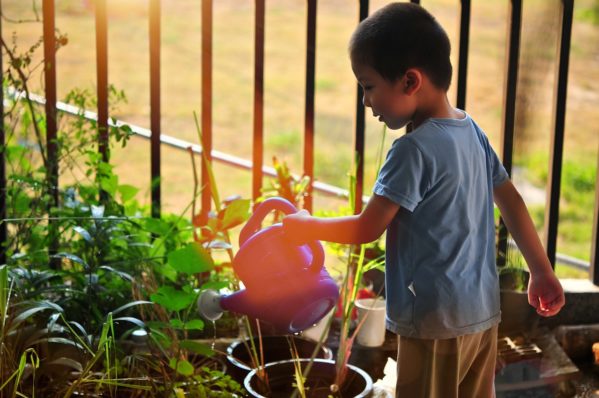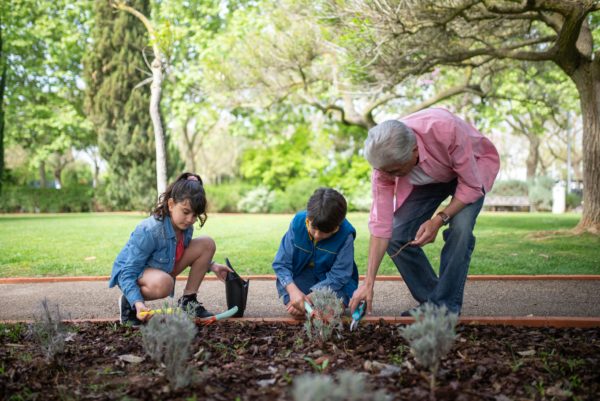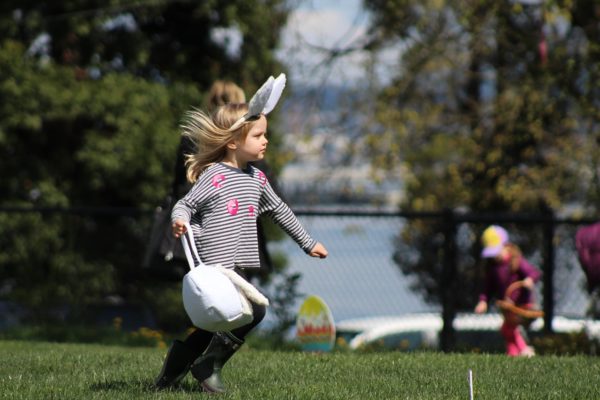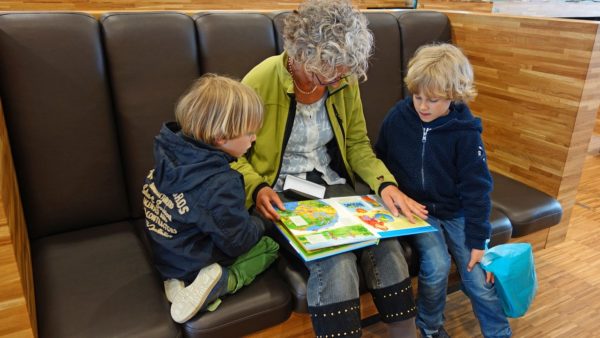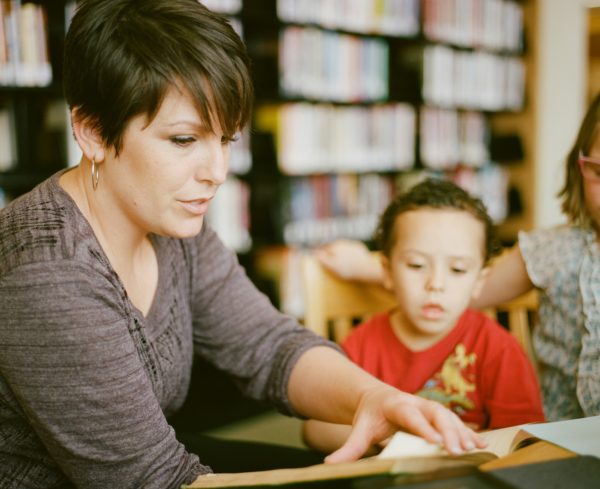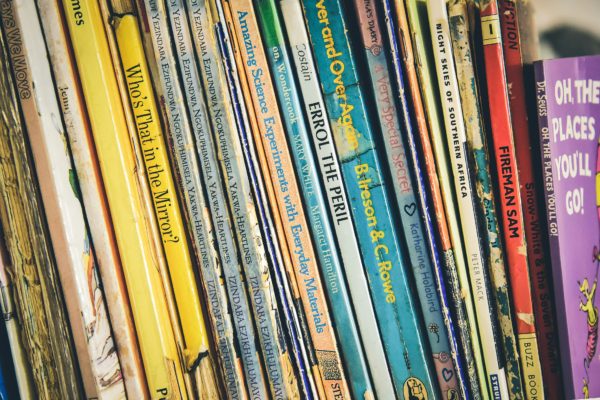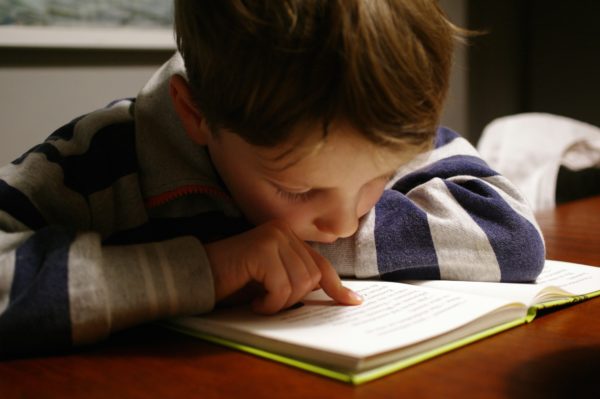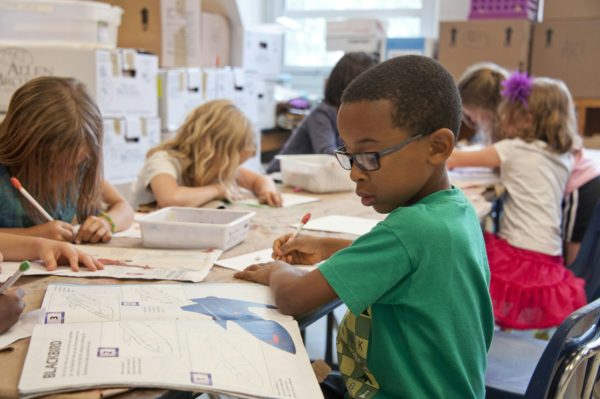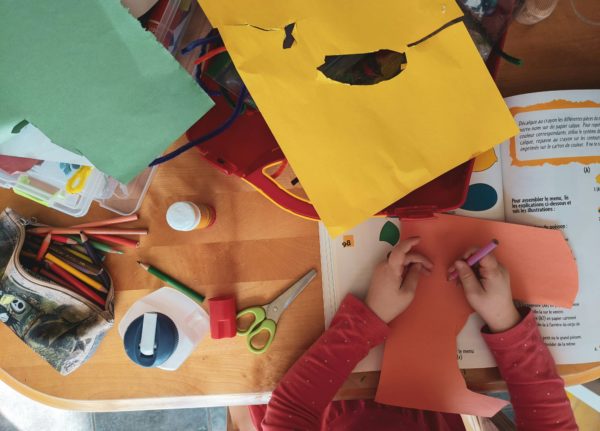Raising our children with empathy, respect, and understanding is at the heart of the gentle parenting approach. It’s no wonder then, why this method is becoming increasingly popular.
Today, we’re exploring the core principles of gentle parenting, debunking some common myths, and sharing practical tips to help you create a loving and respectful family dynamic.
What is gentle parenting?
The gentle parenting approach is about nurturing and building strong, positive relationships rather than using traditional, authoritarian methods. It’s about understanding children’s feelings, treating them as individuals with their rights, and fostering their emotional growth.
Gentle parenting encourages open communication and mutual respect, creating a more supportive and loving family environment.
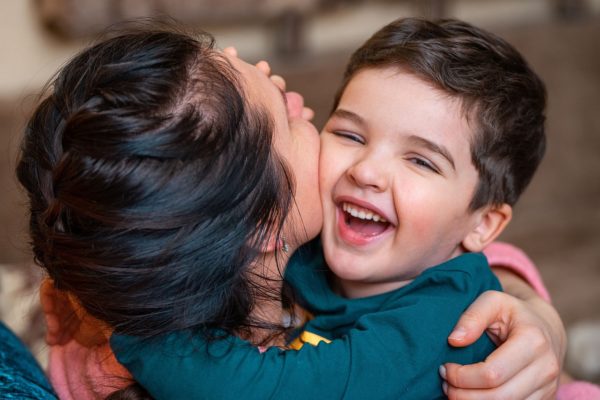
Core principles of gentle parenting
Empathy: Recognising and validating children’s emotions is crucial in gentle parenting. It involves active listening and emotional validation, showing children that their feelings matter.
Respect: Building a respectful relationship with your children is key; this means setting clear boundaries while maintaining mutual respect. It involves using respectful communication, such as listening to their views and speaking kindly.
Understanding: Creating a supportive and understanding environment is vital for children’s emotional growth. This requires patience and positive reinforcement, to help kids feel secure and valued. Techniques like considering their perspectives and addressing their needs thoughtfully encourage a deeper connection and better behaviour.
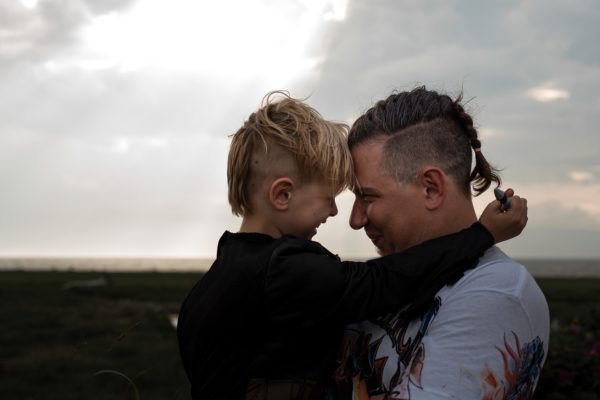
Common misconceptions about gentle parenting
You may think the gentle parenting approach only works with easy-going kids. In reality, it’s a structured, effective approach for all children. It involves setting boundaries and consistency, not just letting children do whatever they want.
Here are some examples of how to address behaviours with gentle parenting:
- A tantrum in a public place: Stay calm and respond empathetically. Offer choices to give your child a sense of control.
- Sibling rivalry: Resolve conflicts respectfully by promoting open communication and understanding each child’s perspective.
- Bedtime battles: Address fears and establish comforting routines to make bedtime smoother and more secure.
The pros and challenges of gentle parenting
Benefits
- The gentle parenting approach offers long-term emotional and social benefits for children, enhancing parent-child relationships and fostering self-discipline and emotional intelligence. It builds trust and security, leading to open, honest communication.
- Children learn to navigate challenges with support rather than fear by encouraging problem-solving skills and independence, reducing stress and anxiety.
- This approach also promotes strong emotional regulation skills, resulting in better behaviour and social interactions.
Overall, gentle parenting creates a nurturing, positive atmosphere that benefits the entire family.
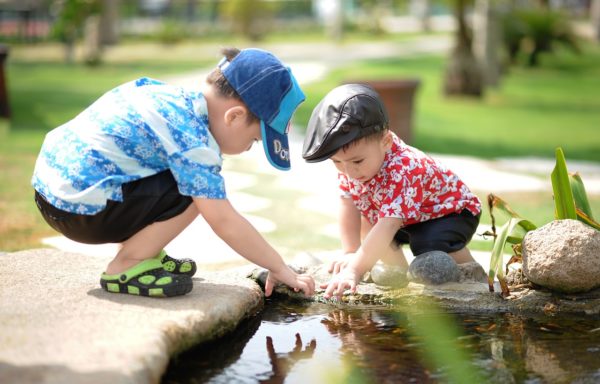
Challenges (and how to overcome them)
Adopting gentle parenting can come with its own set of challenges.
Parents often struggle with staying consistent and patient, especially when faced with public tantrums or sibling rivalry. Practical tips include setting clear, realistic expectations for yourself and your children, seeking support from like-minded communities, and practising self-care to maintain your own emotional balance.
Remember, the key is to stay consistent and patient. Embracing these challenges as learning opportunities can help you grow alongside your children, making the journey more rewarding.
a
Gentle parenting, with its emphasis on empathy, respect, and understanding, creates a nurturing and supportive environment for children. It helps build stronger parent-child relationships and fosters emotional intelligence and self-discipline.
At Schoolhouse Daycare, we enjoy learning, encouraging confidence and we love life! If you think your child would enjoy life at Schoolhouse, then please do not hesitate to arrange a visit.




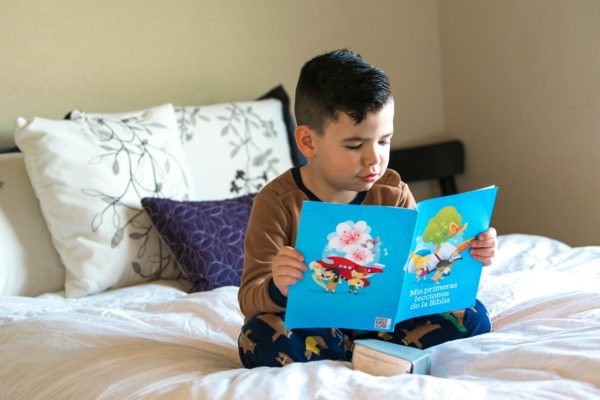
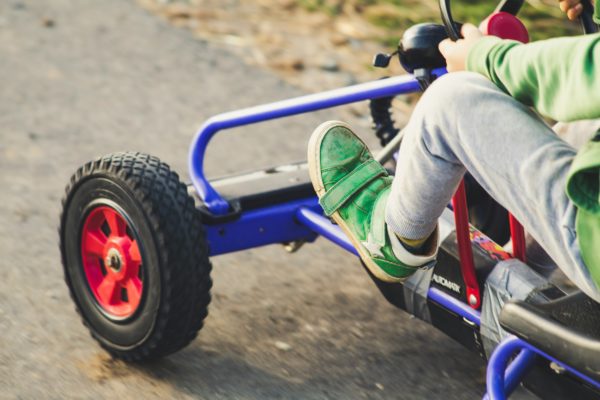

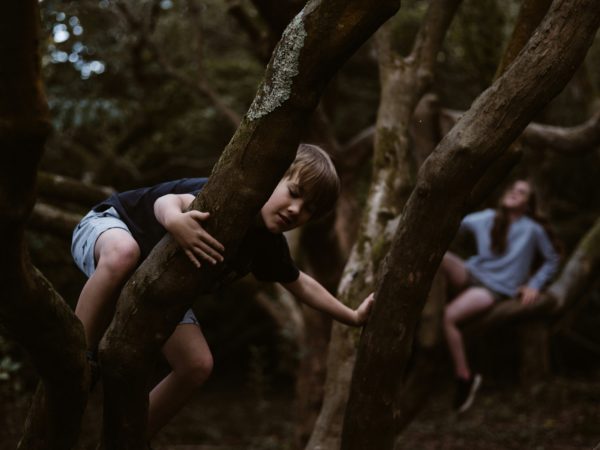

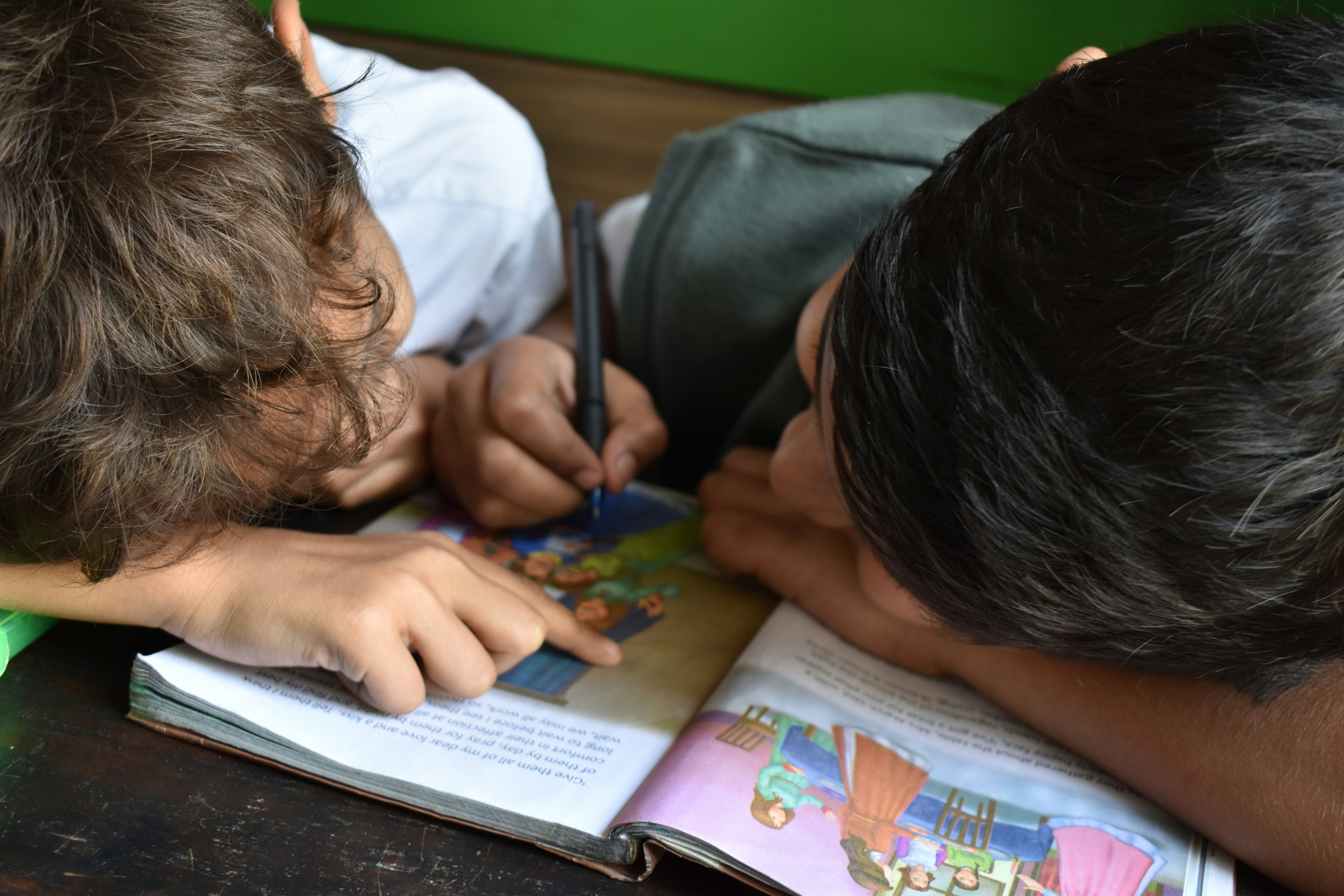

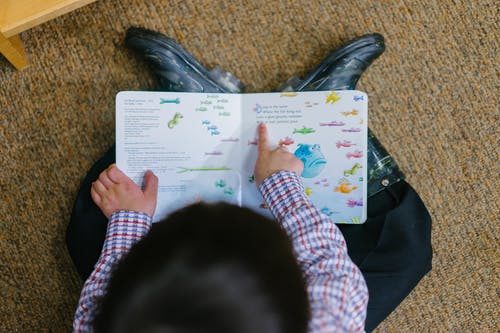


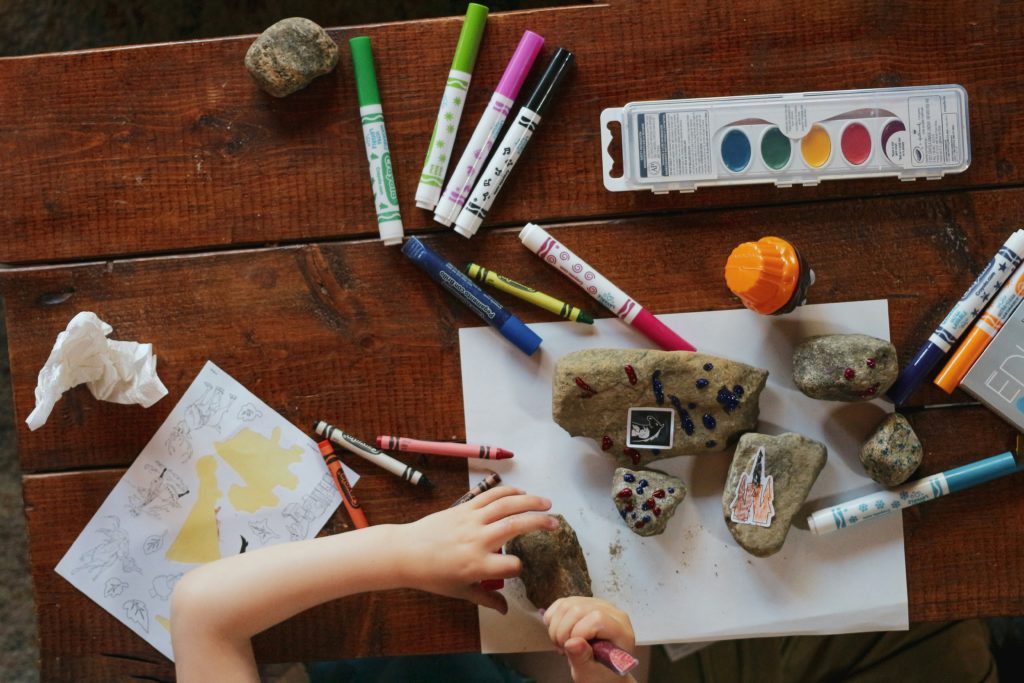
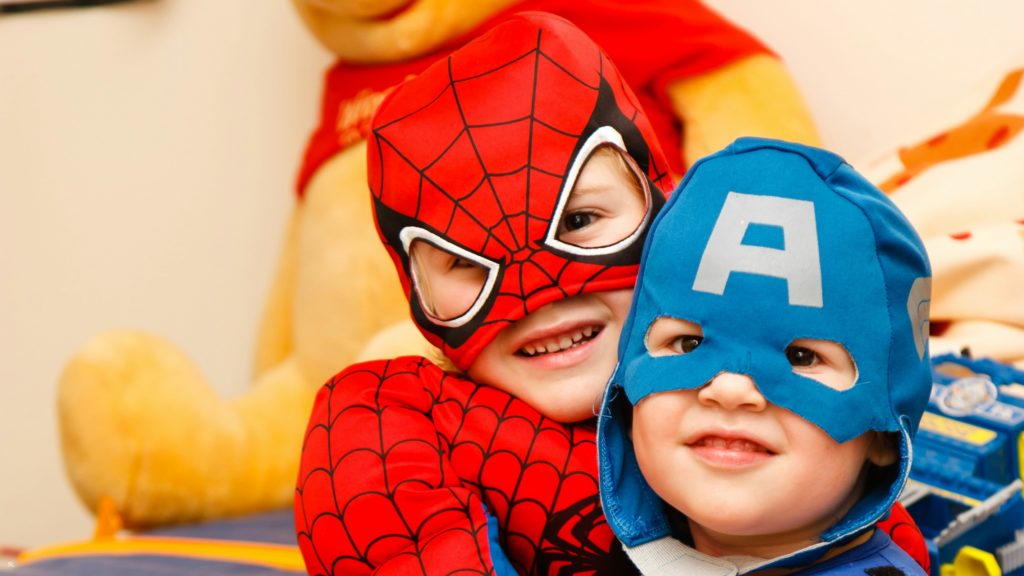
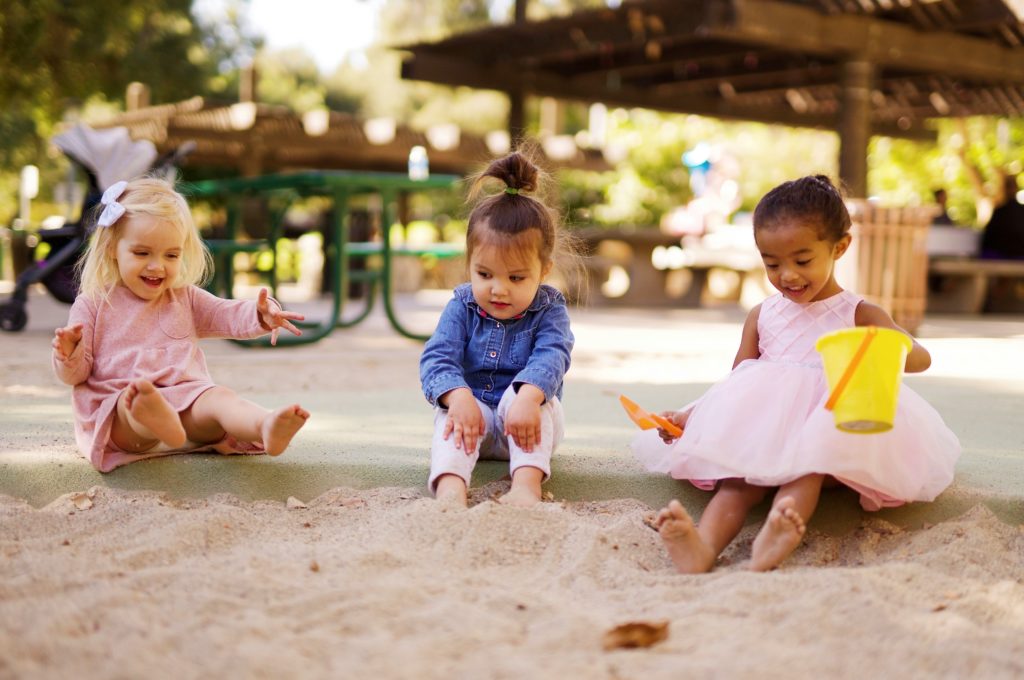
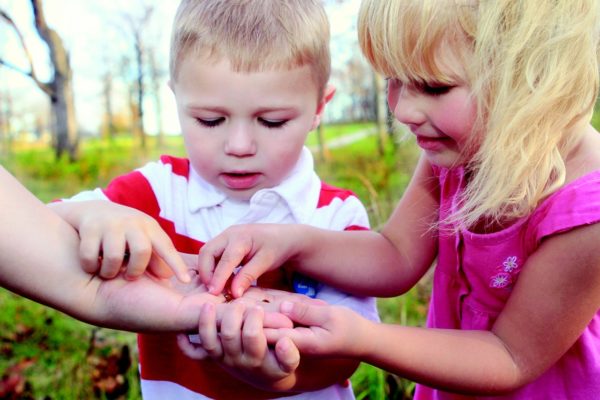 .
.